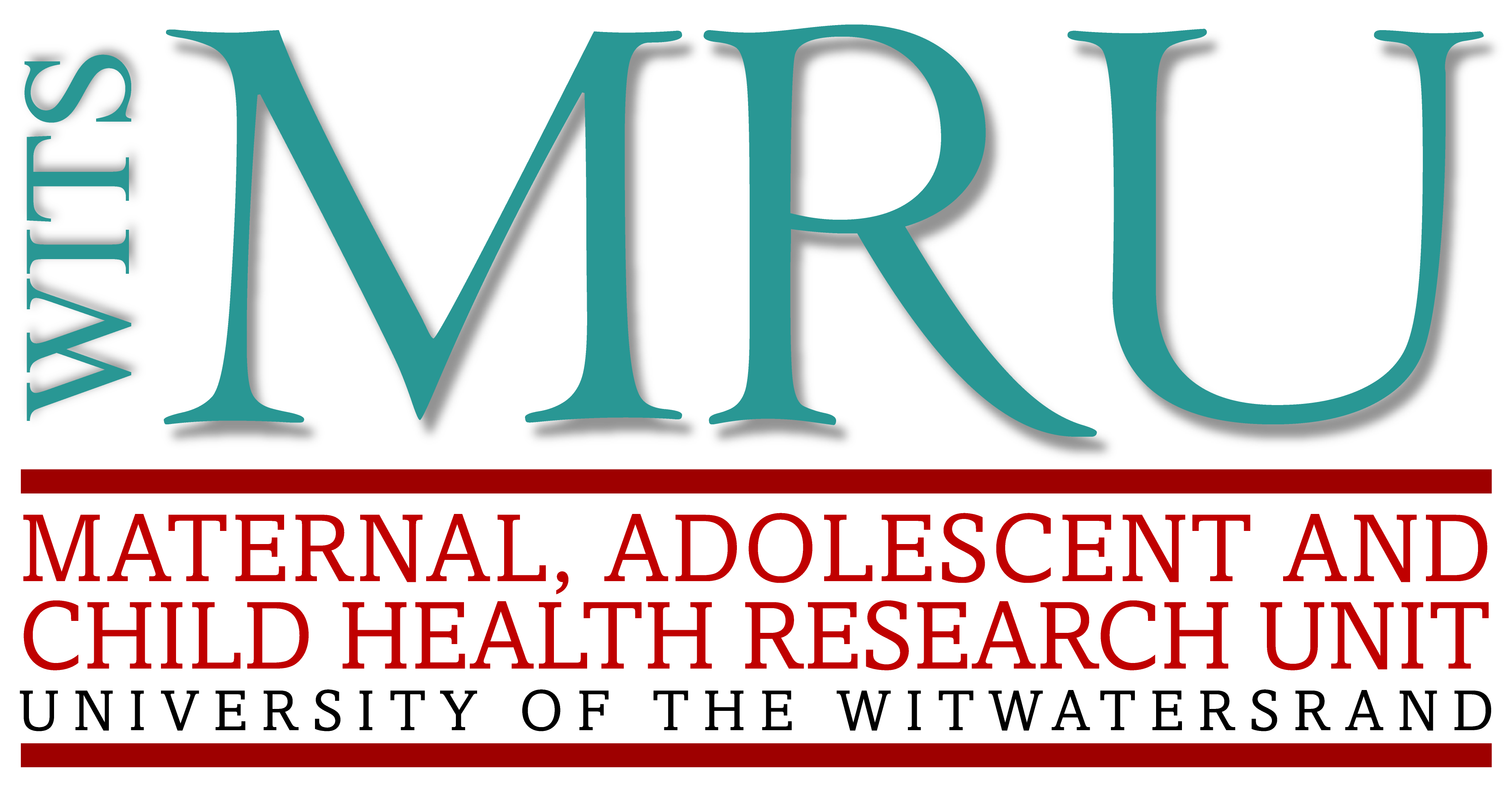Menstrual Management Studies
Completed Menstrual Management Projects
Menstrual Cups for learners
A total of 1304 AGYW, including CMT mentors received menstrual cup training. The learners were in Grades 8 – 12, of which just over half, 704 (54%) accepted the menstrual cup. There were 14 Schools in total in both districts: eThekwini and uMgungundlovu. EThekwini had the most demand with 10 schools (1078 trained, 609 distributed) and uMgungundlovu with 4 schools (226 trained, 95 distributed)
| Funder/Sponsor: | Community Media Trust (CMT) |
| Project Manager | Dr Mags Beksinska |
| Site: | eThekwini and uMgungundlovu Districts |
Menstrual Hygiene Managements in Schools
Both quantitative and qualitative research is being conducted with learners, educators and other key stakeholders. This research will provide baseline data to inform programme implementation. The study commenced in 2019.
Funder/Sponsor: UNICEF
Principal Investigator: Mags Beksinska
Site: KwaZulu-Natal (KZN), Eastern Cape (EC), Gauteng Province (GP)
Year: 2019
DREAMS Menstrual Cup
The project aims to empower Adolescent Girls and Young Women by providing an alternate menstrual hygiene product – The Menstrual Cup – at no cost to AGYW attending Further Education institutions. Menstrual Cups are highly effective and environmentally friendly. Typically made of flexible medical-grade silicone, one cup can be used for 5 years at a fraction of the cost of disposable pads and sanitary towels. Additionally, AGYW will receive information and education on Sexual Reproductive Health and will be linked to appropriate health screening and prevention services.
Other study activities include individual interviews with female students who will be followed up by the study team for a period of one year and, Focus Group Discussions with students and parents as well as individual discussions with policy makers, health care providers and educators.
This DREAMS Innovation Challenge project is proudly aligned with the South African government’s “She Conquers Campaign”.
If you would like to learn more about the menstrual cup or our project, you can like or follow our Facebook page (Dreams MCup) or visit our interactive website at www.dreamsmcup.co.za
| Funder/Sponsor: | United States Department of State as part of the DREAMS Innovation Challenge, managed by JSI Research & Training Institute, Inc. (JSI). |
| Principal Investigator: | Dr Mags Beksinska |
| Site: | 3 Districts in up to ten (10) FE institutions in Kwazulu Natal (Ethekwini, Umgungundlovu, Umkhanyakude) |
| Collaborators | None |
Acceptability of Menstrual Cups in Female Sex Workers in Durban
| Funder/Sponsor: | The European Union |
| Principal Investigator: | Prof J Smit (MatCH Research) |
| Site: | MatCH Research Commercial City Site and Community in central Durban |
| Collaborators | University of Ghent – International Centre for Reproductive Health (UG-ICRH), Belgium, Ashodaya Samithi (Ashodaya), India, International Centre for Reproductive Health Association, Kenya (ICRH-K), International Centre for Reproductive Health Association Mozambique (ICRH-M), Lifeline, Durban, Sisonke, Durban |
A Randomized Cross-Over Trial Evaluating the Performance and Acceptability of Menstrual Cups Compared to Tampons and Sanitary Pads
| Funder/Sponsors: | The Bill & Melinda Gates Foundation via International Food Policy Research Institute [IFPRI] via the University of Maryland |
| Principal Investigators: | Prof J Smit and Dr M Beksinska (MatCH Research) |
| Site: | MatCH Research Commercial City Site |
